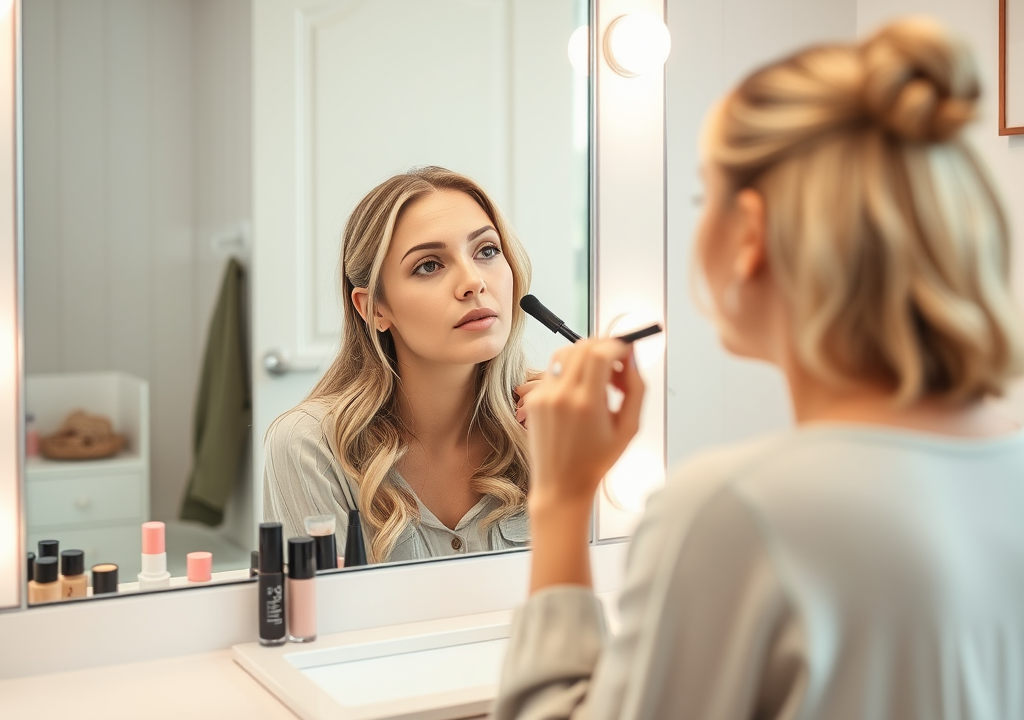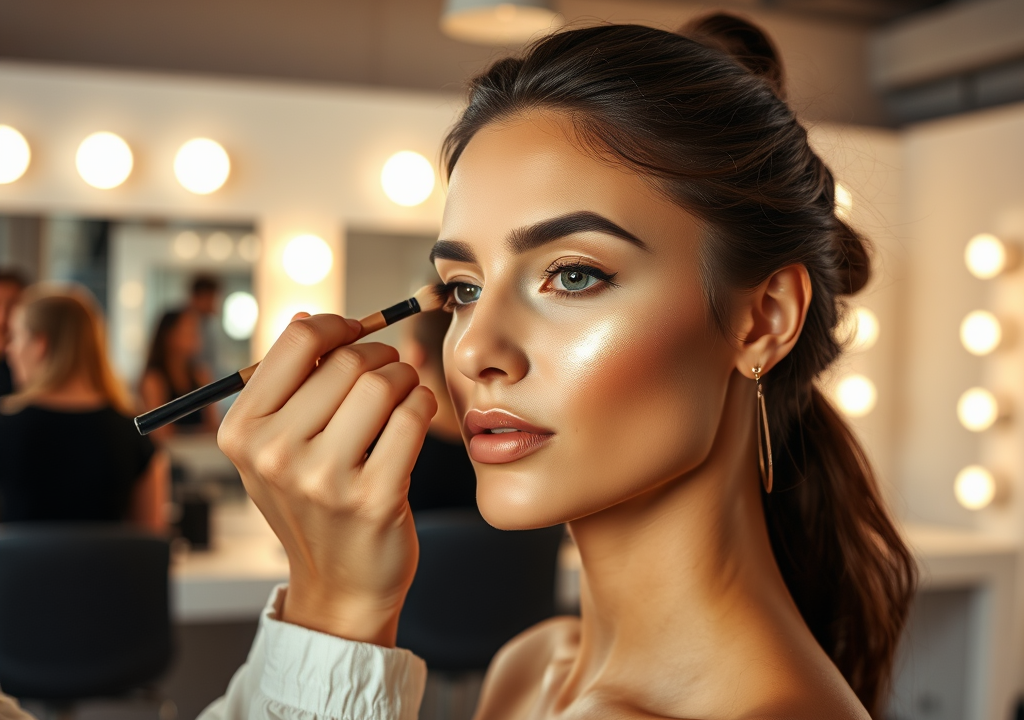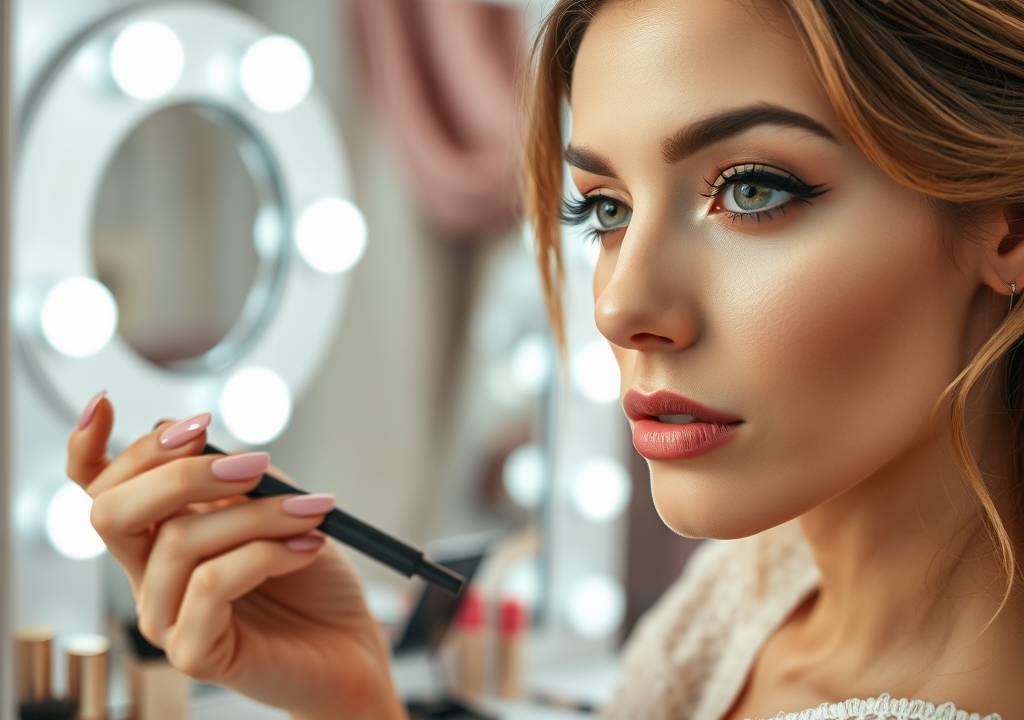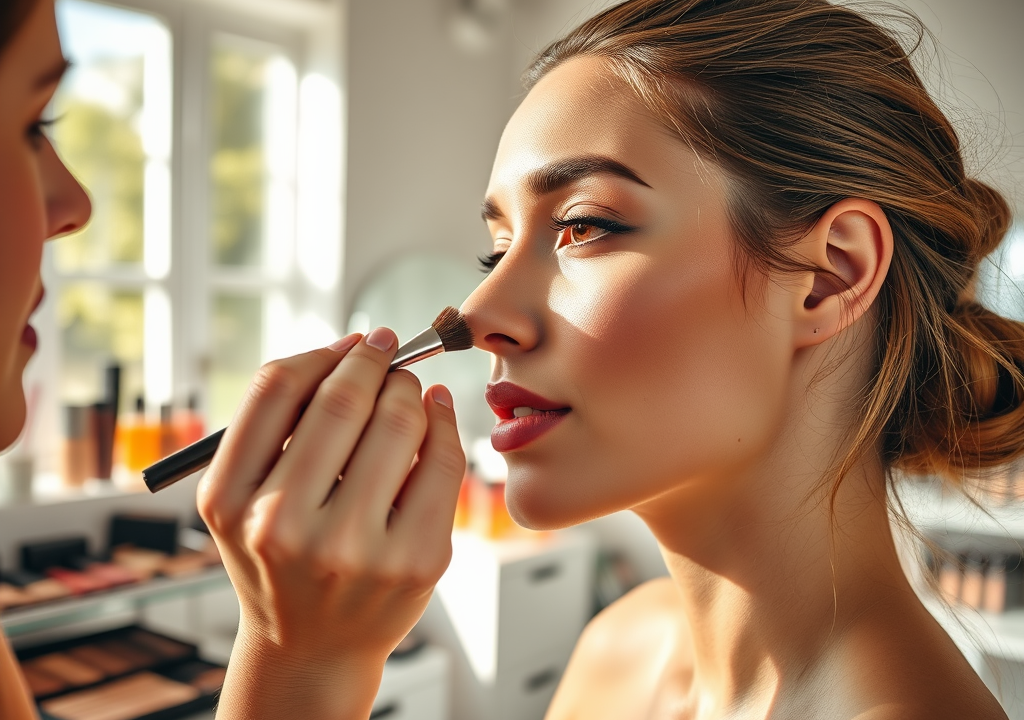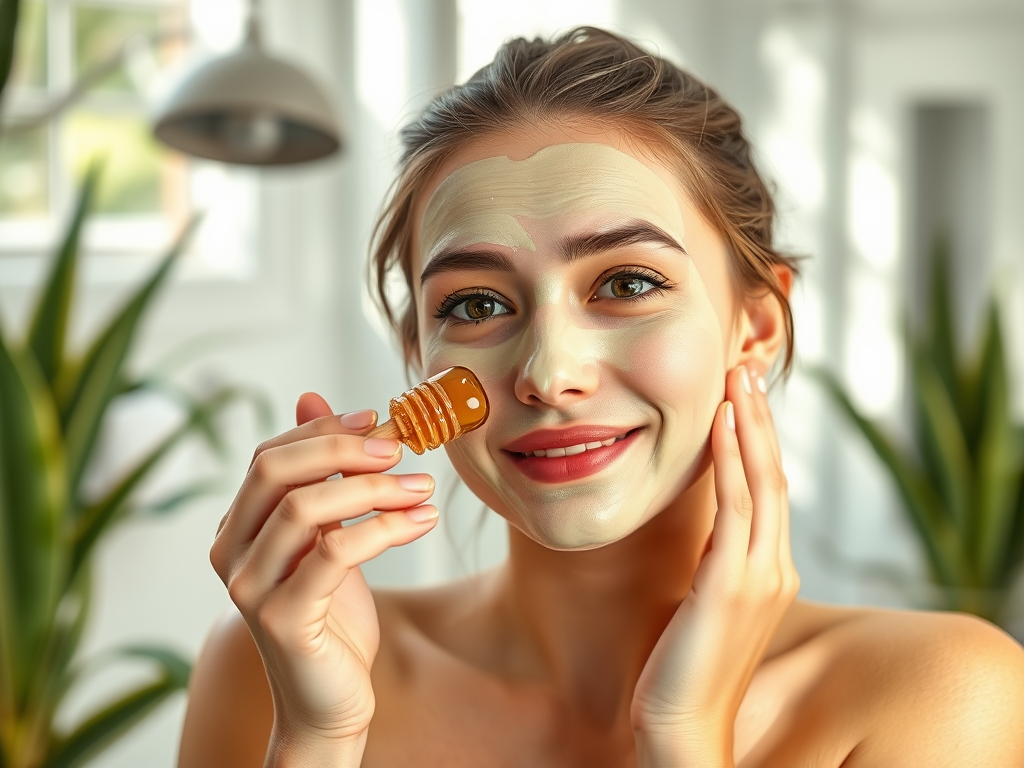Blemishes can be an unwelcome addition to anyone’s skincare journey. Whether you’re struggling with acne, pesky dark spots, or a generally uneven complexion, the quest for clear skin can often feel daunting. However, achieving blemish-free skin is not only possible, but it can also be an empowering process. By understanding the various types of blemishes and employing effective techniques, you can restore your skin’s natural glow. This article will guide you through the essential skincare practices, home remedies, and professional treatments that can bring you closer to your skincare goals.
In today’s fast-paced world, it often seems like there’s an overwhelming abundance of information on skincare. It can be confusing to navigate through myriad products and advice, especially when the stakes are high—our skin is one of the first things people notice. To make your journey easier, it’s crucial to remember that a well-rounded approach combining consistent care, targeted treatments, and lifestyle changes will yield the best results. From natural remedies to advanced medical options, you’ll find a variety of viable solutions. Let’s delve deeper into understanding blemishes and the techniques that effectively combat them.
Understanding Blemishes
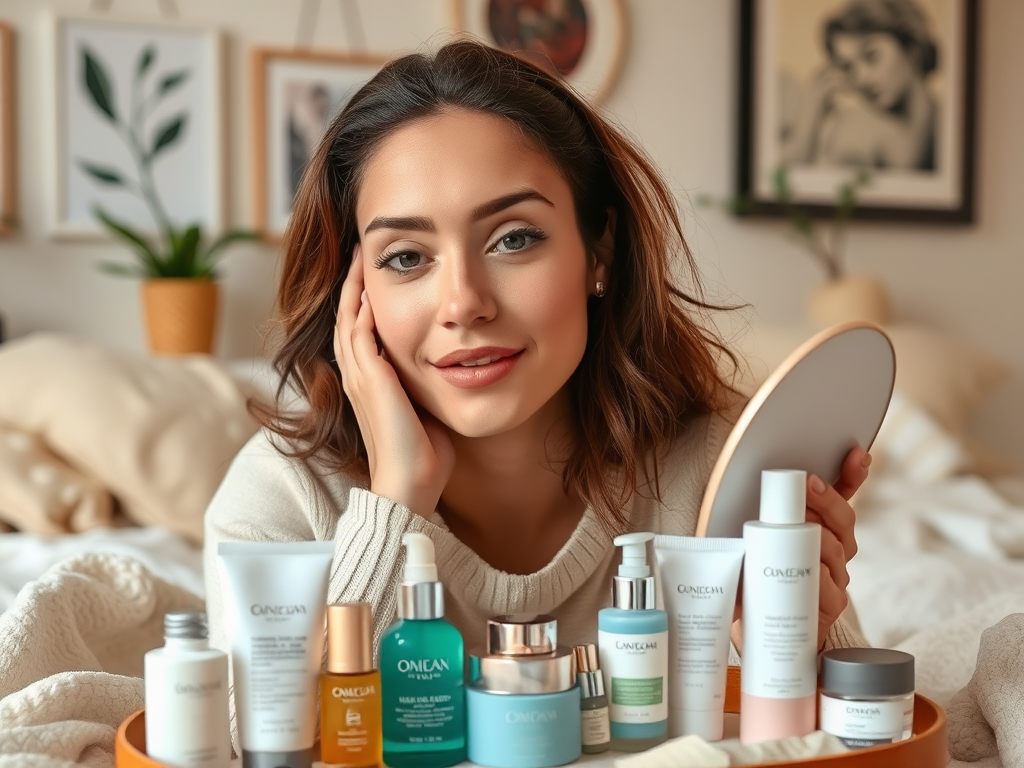
Blemishes come in various forms, each requiring unique solutions. The primary types include acne, dark spots, and problems related to oily skin. Understanding the root causes will empower you to make informed decisions about which treatments to pursue. Some factors that contribute to the formation of blemishes include hormonal fluctuations, poor diet, increased stress levels, and inadequate skincare practices. By identifying these factors in your life, you can take actionable steps toward prevention and treatment.
When you recognize the specific type of blemish you’re dealing with, the path to clearer skin becomes more straightforward and achievable.
Common Types of Blemishes

Different types of blemishes require tailored approaches for effective treatment. Here’s a breakdown of the most common types:
- Acne: Characterized by pimples, blackheads, and cysts.
- Dark Spots: Often related to sun exposure or past breakouts.
- Oily Skin: Can lead to clogged pores and breakouts.
Acne
Acne, a common skin condition, affects people of all ages and can be challenging to manage. Factors such as hormonal changes during puberty or menstruation, high-stress levels, and diet can contribute to its occurrence. Some individuals may find certain foods, like dairy and processed sugars, exacerbate their acne. The good news is that there are several ways to manage acne effectively through both lifestyle changes and skincare practices.
Dark Spots
Dark spots can significantly impact the overall appearance of your skin. These spots often develop due to excess sun exposure, hormone changes, or lingering acne marks. Understanding the importance of sun protection can help prevent new dark spots from forming. Daily use of sunscreen with at least SPF 30 is advisable. Additionally, treatments containing Vitamin C can brighten your skin tone and reduce the appearance of dark spots.
Effective Skincare Techniques
Implementing a robust skincare routine is vital in treating blemishes. Here are some effective techniques to incorporate:
- Cleansing: Clean your face twice daily with a gentle cleanser to remove dirt and bacteria.
- Exfoliation: Regular exfoliation helps to improve skin texture and unclog pores.
- Moisturizing: Even oily skin needs hydration; choose non-comedogenic moisturizers.
Among these techniques, cleansing is foundational. It not only removes impurities but also prepares your skin to absorb subsequent treatments. For exfoliation, consider using both physical and chemical exfoliants, depending on what works best for your skin type. Regular moisturizing is equally important; oils and dryness can trigger even more blemishes if the skin is not adequately hydrated.
| Technique | Description |
|---|---|
| Cleansing | Removes dirt, oil, and makeup |
| Exfoliation | Promotes cell turnover and smooth skin |
| Moisturizing | Keeps skin hydrated and prevents dryness |
Treatments at Home
Integrating home remedies alongside your skincare routine can also provide additional relief from blemishes. Natural ingredients are known for their beneficial properties and can be effective in treating various skin issues. Many people draw upon the power of nature, utilizing items such as:
- Tea Tree Oil: Renowned for its antibacterial properties, ideal for treating acne.
- Aloe Vera: Known for its soothing abilities, effective for reducing irritation.
- Honey: Antimicrobial and healing, great for moisturizing and reducing blemishes.
Incorporating these remedies into your daily regimen, whether by applying them directly or mixing them into masks, can complement your skincare efforts. Moreover, over-the-counter products that contain key ingredients such as salicylic acid or benzoyl peroxide are worth trying. These ingredients work to unclog pores and reduce inflammation.
Professional Treatments
For those facing severe blemishes that won’t respond to home treatments, professional options may be the solution. Consulting a dermatologist can open doors to tailored therapies designed to combat stubborn skin issues. Two popular professional treatments include:
- Chemical Peels: Remove the outer layer of skin to reveal a smoother, blemish-free layer beneath.
- Laser Therapy: Targets specific blemishes and promotes collagen production for a healthier complexion.
These treatments are designed to address specific skin concerns efficiently. It’s important to discuss expectations and recovery times with your specialist before proceeding.
Conclusion
Clearing blemishes is indeed a multi-faceted journey that goes beyond surface-level treatments. A consistent skincare routine, the incorporation of effective home remedies, and professional assistance when necessary are all crucial in achieving a clearer complexion. Understanding the unique needs of your skin is paramount, as this knowledge will guide you toward the right treatments and habits. Remember that while results may take time, each positive change you make contributes to the overall health of your skin. Embrace this journey, and empower yourself with the knowledge and techniques that work best for you.
Frequently Asked Questions
- What causes blemishes on the face? Blemishes can arise from hormonal fluctuations, poor diet, stress, and inadequate skincare practices.
- How long does it take to clear blemishes? The duration can differ based on skin type and treatment method, but consistent care generally shows results within weeks to months.
- Are there specific foods to avoid for clearer skin? Foods high in sugar and dairy are often linked to increased blemishes; a balanced diet rich in fruits and vegetables is beneficial.
- Can makeup aggravate blemishes? Yes, some products can clog pores or irritate the skin; non-comedogenic options are recommended.
- When should I see a dermatologist? If at-home treatments prove ineffective after a few weeks or if you experience severe acne, consulting a dermatologist is advisable.
